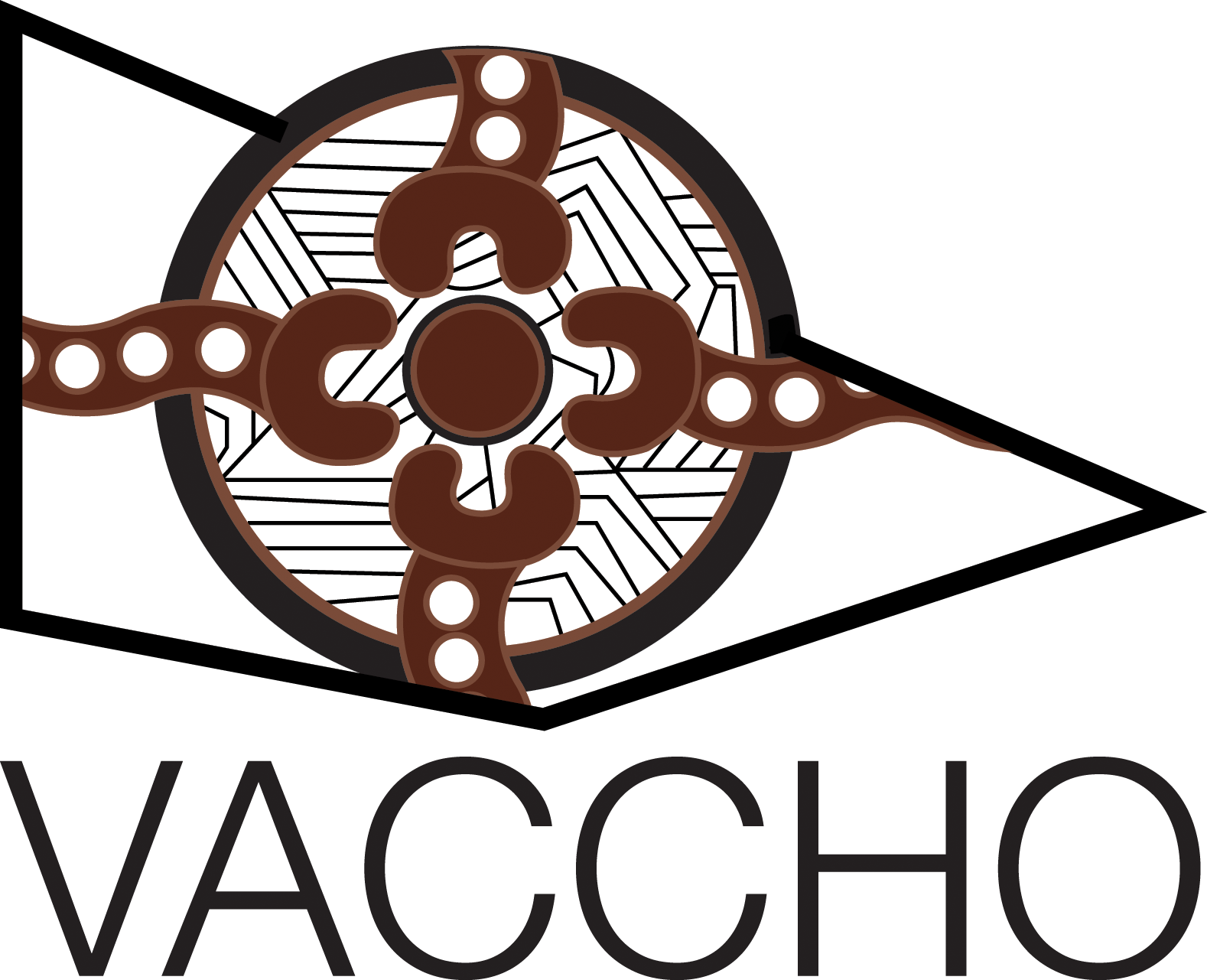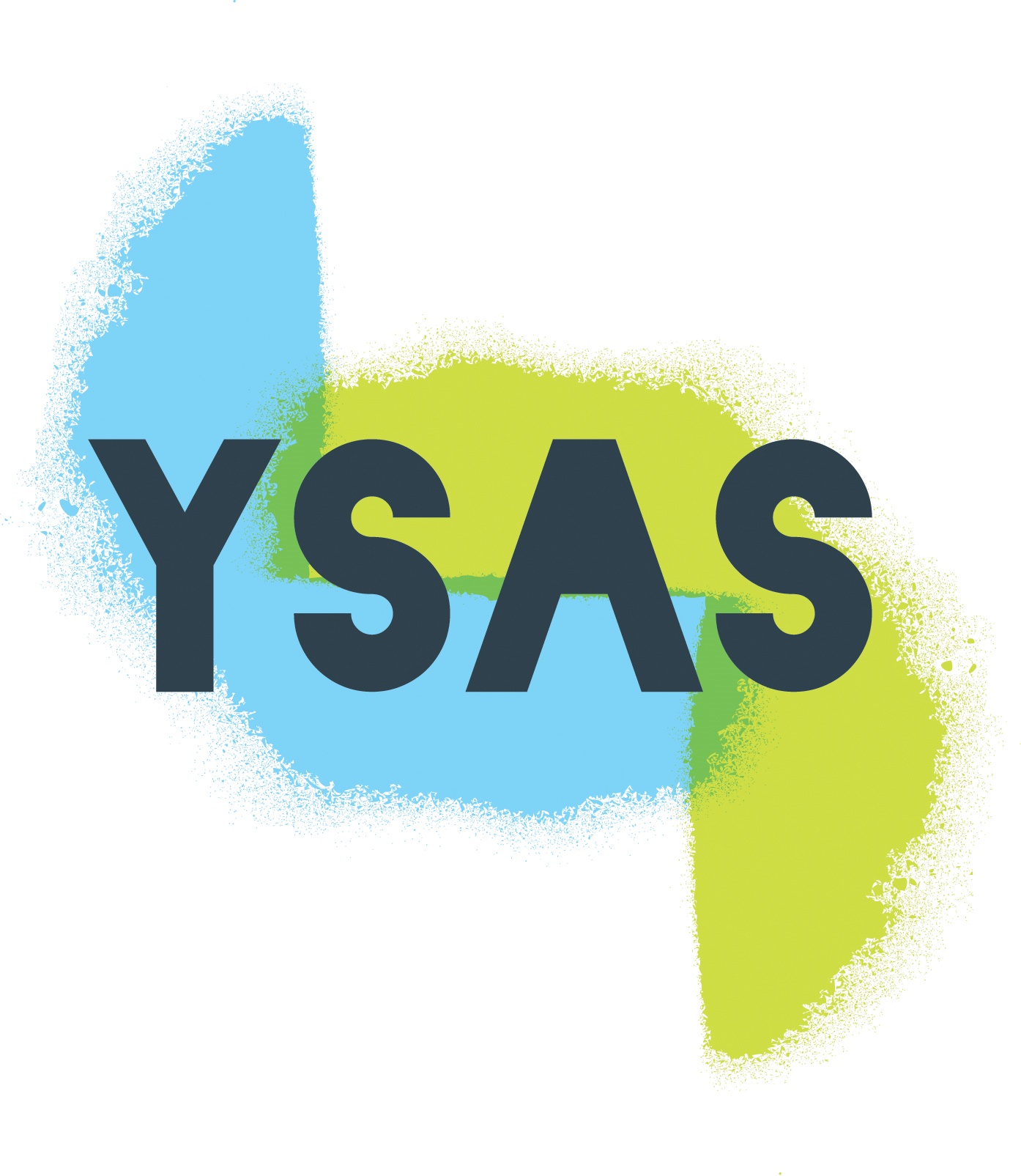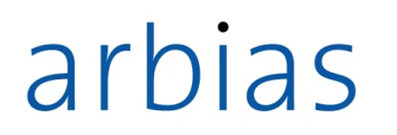IMPORTANT: registrations for training will become live approximately two months prior to start of training. To enrol in this or any training, you must click the link below and fill in the registration. If you do not complete the registration, you will not have a place in the training. If you experience a broken link, please get in touch with us at elevate@vaada.org.au
****
VACCHO’s Introduction to Aboriginal Cultural Safety training aims to provide the necessary foundational knowledge to enable participants to:
- Develop a greater understanding of Aboriginal cultural and social perspectives
- Engage meaningfully with Aboriginal peoples and Communities
- Strengthen existing relationships and integrate cultural safety into practice
- Identify ways to embed and apply learnings in professional and personal contexts.
Session topics include:
- The historical and intergenerational impacts of colonisation and policies and how they have shaped Aboriginal culture, peoples and Communities
- Aspects of Aboriginal identities, culture and protocols
- Fostering respectful relationships with Aboriginal peoples and Communities
- Foundational skills and strategies for implementing cultural safety into practice
IMPORTANT: registrations for training will become live approximately two months prior to start of training. To enrol in this or any training, you must click the link below and fill in the registration. If you do not complete the registration, you will not have a place in the training. If you experience a broken link, please get in touch with us at elevate@vaada.org.au
****
This half-day session will introduce participants to the key terminology used in family violence practice and provide a brief overview of the family violence system as it applies to young people. This session is designed to support participants in identifying areas of interest and the types of work and practice that can support young people.
Learning outcomes:
- Discussion of family violence discourses as they apply to young people
- Introduction to the impacts of co-occurring family violence and Youth AOD
- Overview of different strategies and frameworks for responding to young people’s family violence needs
- Factors to consider when applying a youth specific lens to family violence work including risk assessments and referrals.
IMPORTANT: registrations for training will become live approximately two months prior to start of training. To enrol in this or any training, you must click the link below and fill in the registration. If you do not complete the registration, you will not have a place in the training. If you experience a broken link, please get in touch with us at elevate@vaada.org.au
****
VACCHO’s Introduction to Aboriginal Cultural Safety training aims to provide the necessary foundational knowledge to enable participants to:
- Develop a greater understanding of Aboriginal cultural and social perspectives
- Engage meaningfully with Aboriginal peoples and Communities
- Strengthen existing relationships and integrate cultural safety into practice
- Identify ways to embed and apply learnings in professional and personal contexts.
Session topics include:
- The historical and intergenerational impacts of colonisation and policies and how they have shaped Aboriginal culture, peoples and Communities
- Aspects of Aboriginal identities, culture and protocols
- Fostering respectful relationships with Aboriginal peoples and Communities
- Foundational skills and strategies for implementing cultural safety into practice
IMPORTANT: registrations for training will become live approximately two months prior to start of training. To enrol in this or any training, you must click the link below and fill in the registration. If you do not complete the registration, you will not have a place in the training. If you experience a broken link, please get in touch with us at elevate@vaada.org.au
****
Motivational Interviewing (MI) is a collaborative method for guiding conversations about change. More than a set of techniques, MI is a discipline in its own right that brings together a set of values, principles and disciplined use of skills to assist people to resolve ambivalence and deepen motivation to pursue the changes that are meaningful for them.
While the skills do take time and practice, the style of conversation is gentle, curious and comes from a place of faith in the other person. The hope is that, together, we may discover what is meaningful for this person and what choices would work best for them, knowing who they are and what they deep down really want for their future. MI asks us to be mindful of the way our own hopes and assumptions can interfere in the process as much as they can help, and create a space of genuine enquiry and deepening understanding.
Rather than replace other approaches, MI has a capacity to enhance and deepen the full range of interventions we use by bringing a more acute awareness to the how and when of conversation, rather than just what we talk about.
The training is highly interactive, with a focus on practical skill development. The two-day workshop will offer an opportunity to:
- Gain a clear and up-to-date understanding of MI – what it is, how it works and recent changes to the framework
- Increase understanding of the change process
- Review and practice the core skills
- Apply the skills to the change process
- Increase ability to work effectively with resistance and ambivalence
- Practice skills in softening sustain talk and eliciting change talk
- Develop strategies to continue learning and practicing MI.





